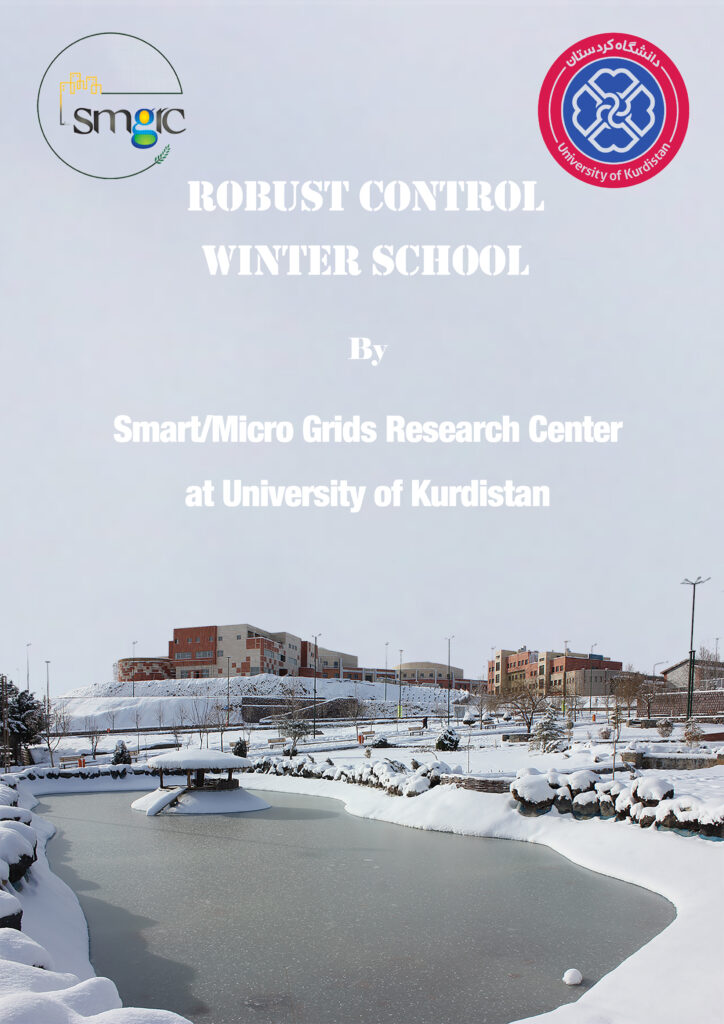
In control theory, Robust Control contains a class of approaches that are used to controllers synthesis in the presence of uncertainties and disturbances. Therefore, robust control methods aim to achieve robust stability and/or robust performance in an uncertain environment including bounded modeling errors, parameters perturbation, and unmodeled dynamics. Although the early bases required tools go back to more than 80 years ago, the main start point of the theory of robust control took shape in the 1980s and 1990s. In contrast with an adaptive/intelligent control policy, a robust control policy is static, rather than adapting to measurements of variations, the structure of the controller is usually fixed, and it is designed to work assuming that certain parameters/variables will be unknown but bounded.
Historically and from the closed-loop transfer function perspective, a high open-loop gain, which its principle was already well understood by Bode and Black in 1927, leads to substantial disturbance rejection in the face of system parameter uncertainty. Thus, high-gain feedback is a simple example of a robust control method; because it allows simplified models of operational amplifiers and emitter-degenerated bipolar transistors to be used in a variety of different settings. But the major obstacle to achieving high loop gains is the need to maintain system closed-loop stability. Loop shaping may provide a solution to fix this challenge.
Some of the modern examples of robust control techniques are Hꚙ, structured singular value (μ), sliding mode control (SMC), robust LQG, quantitative feedback theory (QFT), and Kharitonov’s theorem. The control laws given by many robust control methodologies such as Hꚙ, H2, mixed H2/Hꚙ, and μ may be represented by high order transfer functions required to accomplish desired performance and stable robust closed-loop operation, simultaneously. Therefore, order reduction after the controller design process may be required.
In this winter school, the attendances will find useful knowledge on applied robust control analysis and synthesis. Therefore, the given lectures emphasize application perspectives, particularly in power systems and microgrids. Several relevant important topics and methodologies including Hꚙ, structured singular value (μ), sliding mode control (SMC), linear quadratic optimal control, model predictive control (MPC), quantitative feedback theory (QFT), and fuzzy robust control are addressed. The lectures are supplemented by simulation/application examples.